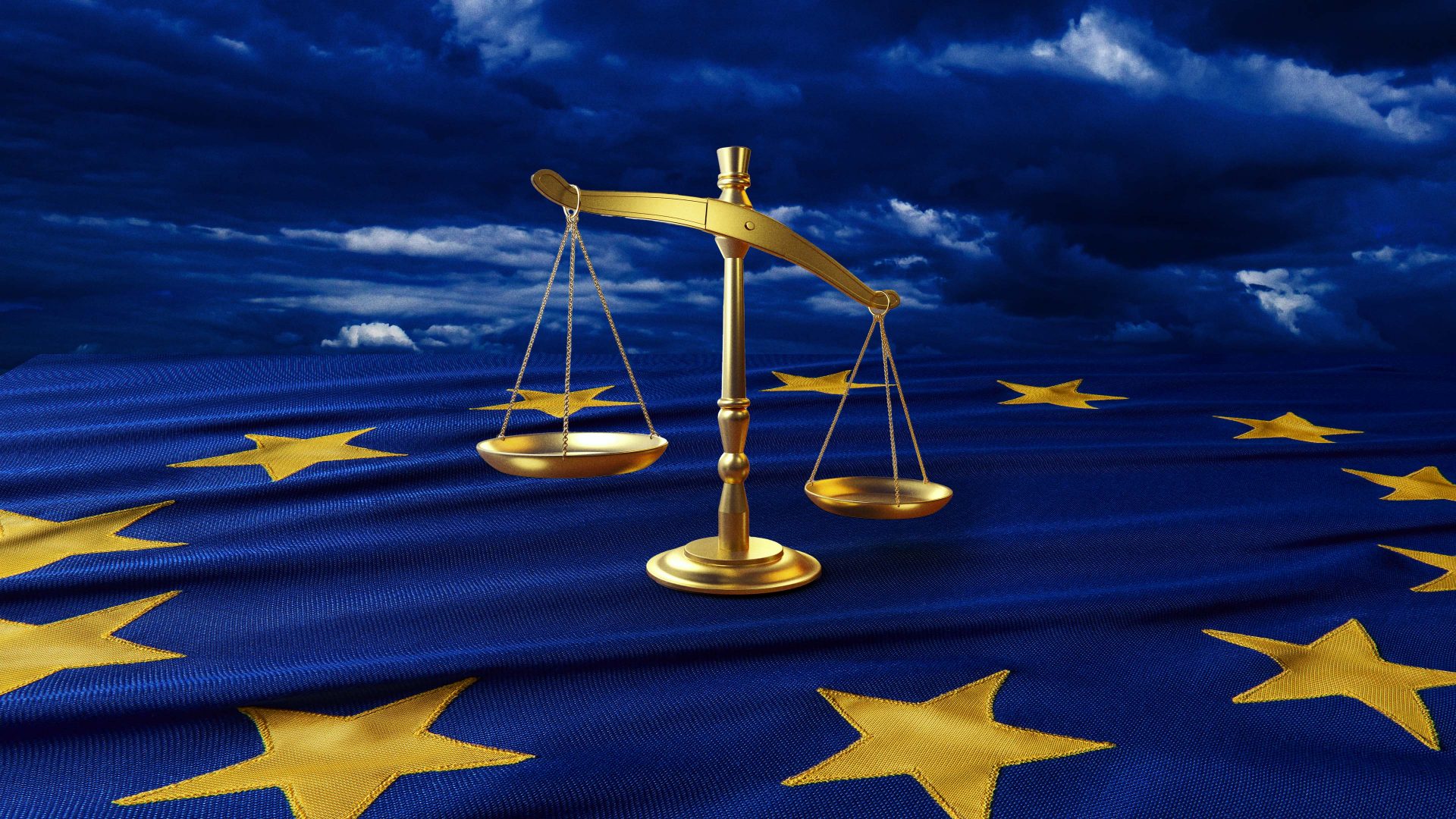David Maxwell Fyfe isn’t a name particularly well-known today. Yet in his time he was a prominent Conservative backbencher and was once talked of as a leader of his party.
During his spell as home secretary in the early 1950s he also became minister for Welsh affairs, earning him the nickname Dai Bananas because of his surname being similar to the name of the leading banana importer at the time. He was far from liberal in his views and as home secretary, he persecuted gay men using the legislation of the time and opposed the decriminalisation of homosexuality. A strong supporter of the death penalty, he refused to commute the sentence of Derek Bentley.
In these times those views would fit with the far right and the assumption would be made that Maxwell Fyfe would have been staunchly opposed to any kind of close relationship with Europe. Yet like so many Tories of his time, he was a strong supporter of European integration. He had been a prosecutor at the Nuremburg Trials and had seen at close hand the aftermath of a war where people’s rights were simply trampled over.
Subsequently, he was asked by Winston Churchill and others to guide the drafting of the European Convention on Human Rights, that document so loathed by right wing Tories today. They forget that it was their great hero, Churchill, who jointly proposed the Convention in the first place and that it was their own party who steered it to completion.
What is it that the Tory right have against the ECHR? Some of them don’t like it because it’s European and anything that comes from continental Europe has to be resisted. Some see it as a foreign imposition that is simply un-British, forgetting the UK’s role in helping to create it in the first place. Yet they don’t propose anything to replace it. When Kenneth Clarke was asked by David Cameron to lead a commission to look at replacing the ECHR in the UK, they failed to come up with anything better.
There seem to be two types of oppositionists: the first is made up of those who think that rights can be protected within the UK itself, pointing to a delusion that somehow UK has always respected rights. They point to the Magna Carta, not realising that it affected only England, was meant to protect a small group of barons, not ordinary people, and was repudiated within a short time. They point to the Bill of Rights of 1689 (which predates the UK’s establishment) and the independence of the courts. Surely, they say, there has always been freedom in the UK?
They would have done well to explain that to those massacred at Peterloo or the deported Tolpuddle Martyrs. The right to vote was granted begrudgingly and in stages between 1832 and the 1960s. Far from offering freedom to all its people, it was only there for a privileged few. Rights for everyone else had to be wrung out of parliament.
Then there are the second sort; those who don’t like the ECHR getting in the way of what they want to do. We’ve heard several government ministers declare that they want to leave the ECHR. The real reason is that they cannot accept any legal restraints on what they are able to do. The courts have found against UK ministers time and time again on issues such as immigration, so these same ministers try to throw up a smokescreen for their own shortcomings by blaming everyone and everything else: the ECHR, “lefty lawyers”, the courts. In fact, it’s their own reluctance to be subject to the law that is the real problem.
Nor can people rely on the courts to protect them. We are fortunate in our judiciary but ultimately they have no power to contain the UK parliament. The only rights that people have are those that they are allowed by Westminster. There is no charter of inherent rights full stop. The constitutional convention in the UK is one of “parliamentary sovereignty” where the courts do not interfere with acts of parliament no matter how outrageously parliamentary legislation might affect individual liberty. We simply don’t have a culture of citizens’ rights in the UK, relying instead on the whims of politicians to decide what people can and can’t do.
Maxwell Fyfe wouldn’t recognise the current Conservative Party. He would wonder what had happened to the internationalists. He would ask why the UK wants to pull out of an international treaty that it helped to create, joining the likes of Russia in refusing to be part of it. Above all, he would be amazed that a party that based itself on promoting individual liberty is now on the path to ditching that principle.
The UK used to pride itself on being a beacon for human rights around the world. It would lose that reputation overnight by pulling out of the most important treaty protecting the individual and going rogue. We’ve heard a lot of talk about “Global Britain”. How ironic it would be to pull out of the ECHR and disappear down an isolationist rabbit hole despite that boast.
Carwyn Jones was first minister of Wales, 2009-2018










